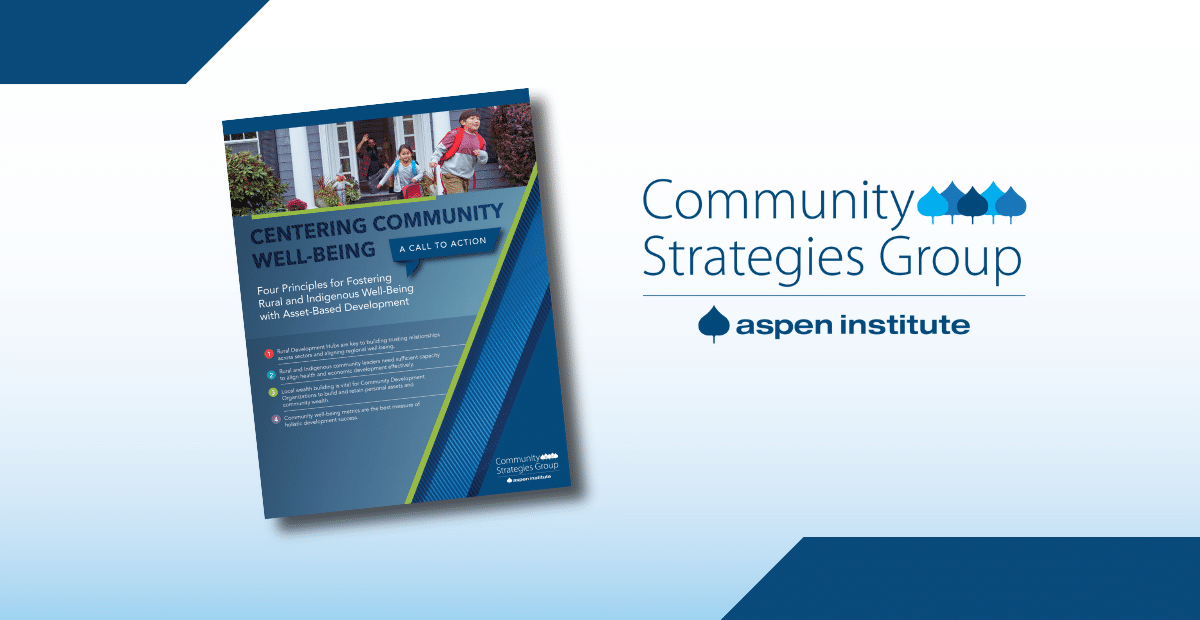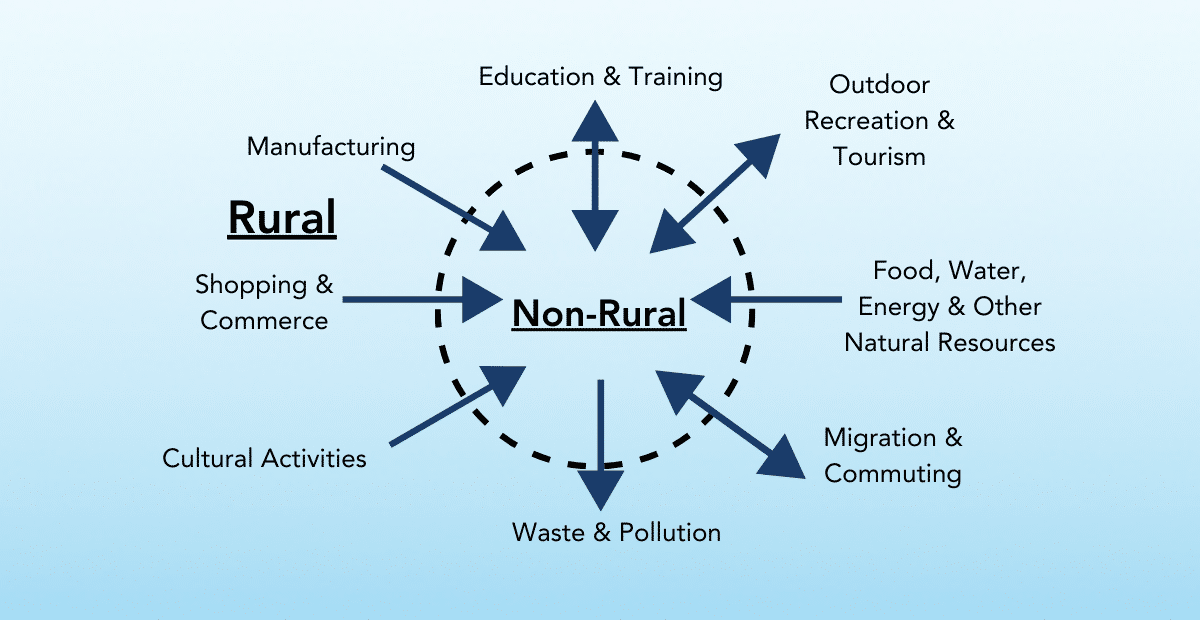Download the event presentation: 2GI W3 PPT FINAL
Download the Chat Box discussion w/resource links: GROWING LANGUAGE SKILLS CHAT BOX
Whether it is written or spoken, language and dialect differences are a potential barrier to providing quality 2Gen programs to immigrant families, as well as successfully connecting them to employment, housing, education and other opportunities. What are some promising practices that work to grow language skills that work to advance the lives of parents and children together?
On October 14, 2021, speakers shared new approaches for establishing stronger language skills within the immigrant community while simultaneously providing 2Gen wrap-around services. From workforce-centered ESL programs that meet the clients where they are in their family life, to early childhood education that centers the language needs of families together, organizations will share their experience translating materials and tailoring programs for the needs of immigrant parents and children.
Our Story Speakers

Banu Valladares, Executive Director, Charlotte Bilingual Preschool
Since joining the school in 2017, Banu has doubled its operating budget to $2M, while piloting the Green Room that enrolls Spanish and English-speaking students together to improve language acquisition and the flow of social capital. During this time she also established strategic partnerships with MECK Pre-K and ParentChild+. Banu represents Latinx families on the Mecklenburg County Early Learning Initiative Executive Committee, the Governor’s Early Childhood Advisory Council, and the NC Early Childhood Foundation Board, among others, and is earning her business certificate through the Bank of America Neighborhood Builders Award and Cornell University. Banu was recently honored as a local “Opportunity Champion” by Leading on Opportunity.

Karissa Coltman Burnett, Assistant Director of Family Advancement, CAP Tulsa
During Karissa Coltman Burnett’s 10-year tenure at CAP Tulsa, she has partnered with families in many ways to develop their economic and educational success. In various roles, she supported the development and implementation of two generation initiatives including English as a second language, asset-building, sector-based workforce development, adult basic education, career coaching, and home visiting. Currently, in her role as the Assistant Director of Family Advancement, she is mentoring a diverse team in developing innovative strategies to meet the changing needs of the families served by CAP Tulsa.
Policy Discussion

Margie McHugh, Director of the National Center on Immigrant Integration Policy at the Migration Policy Institute
The Migration Policy Institute’s National Center on Immigrant Integration Policy is is a national hub for leaders in government, community affairs, business and academia to obtain the insights and knowledge they need to respond to the challenges and opportunities that today’s high rates of immigration pose for communities across the United States. It provides in-depth research, policy analysis, technical assistance, training and information resource services on a broad range of immigrant integration issues. Margie’s work focuses on education quality and access issues for immigrants and their children from early childhood through K-12 and adult, post-secondary and workforce skills programs. She also leads the Center’s work seeking a more coordinated federal response to immigrant integration needs and impacts, and more workable systems for recognition of the education and work experience immigrants bring with them to the United States.
Our Moderator

Chris Estes, Associate Director, Aspen Institute Community Strategies Group
Chris has strong policy expertise and practice experience at the community, state and federal levels on poverty, housing and community development. Most recently, as Senior Consultant with the Housing Assistance Council, he helped 40 rural organizations across the country build capacity and community development efforts in the face of the pandemic and natural disasters. Prior to HAC, he served as the Interim Executive Director of the Raleigh/Wake Partnership to End Homelessness, a continuum of care for the county’s homeless programs. Earlier, he was Vice President of Business Strategy and Advocacy at Rebuilding Together, a national network of local nonprofits that provide home repair to low-income homeowners, where he led its national policy efforts. For five years, Chris was President/CEO of the National Housing Conference in Washington, DC, where he led the strategic direction of NHC’s policy, communications and research work.
About the Spreading and Adapting 2Gen Working Practice Series
As 2020 unfolded with the COVID-19 pandemic, a weakened economy and increasing anti-immigrant rhetoric, the need for effective design and delivery of 2Gen services grew — and nonprofit organizations responded with quick thinking and action, inventiveness, and adaptation. Hosted by the Aspen Institute Community Strategies Group in partnership with the Migration Policy Institute and Ascend at the Aspen Institute, this four-part webinar series will unpack the nuts and bolts of creative strategies that nonprofit organizations have implemented to deliver 2Gen services to immigrant families, youth and children. These events are open to anyone interested in learning more about work with immigrant families, and no prior 2Gen knowledge or experience is necessary. Register for each event here.







